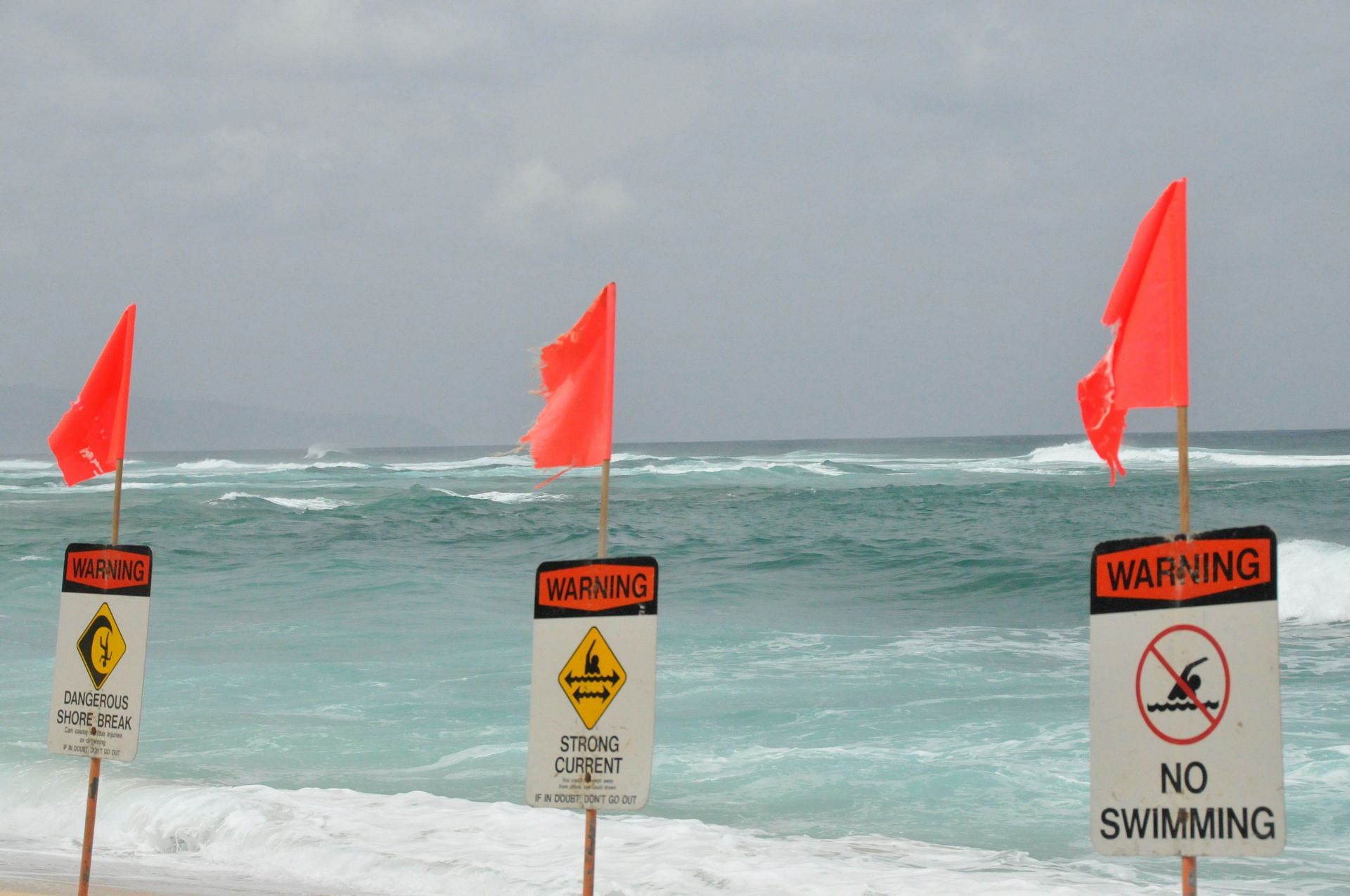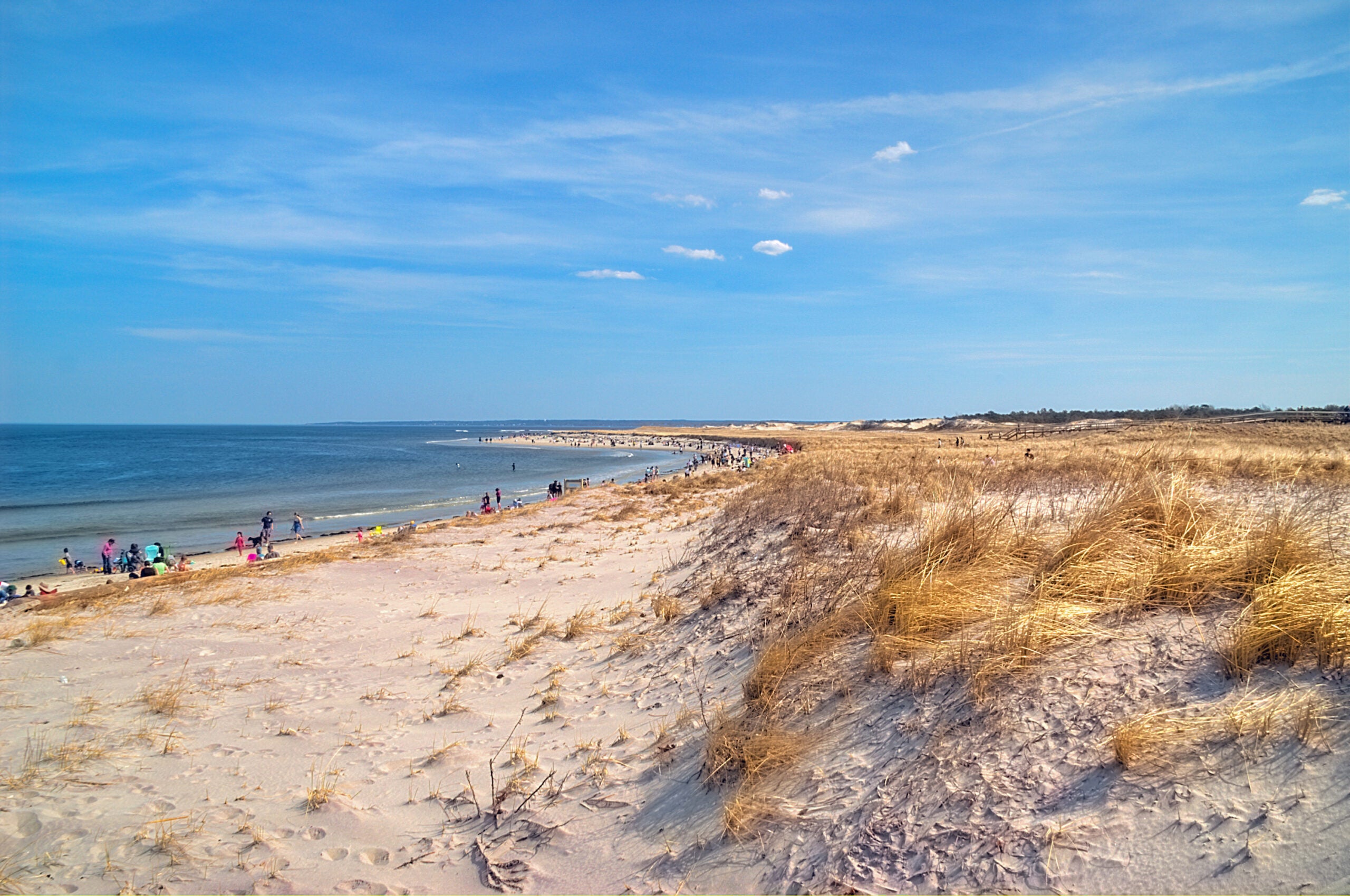Beach Closures and Public Health

Massachusetts beaches closed – Massachusetts has been forced to close its beaches due to concerns over water quality. These closures are necessary to protect public health, as swimming in contaminated water can lead to a variety of illnesses.
The most common type of illness associated with beach closures is gastrointestinal illness, which can cause symptoms such as nausea, vomiting, and diarrhea. These illnesses are caused by bacteria or viruses that are present in the water, and they can be spread through contact with contaminated water or sand.
In addition to gastrointestinal illness, beach closures can also lead to respiratory illness, skin infections, and eye infections. These illnesses are less common than gastrointestinal illness, but they can still be serious, especially for people with weakened immune systems.
With Massachusetts beaches closed due to unsafe water conditions, pet owners may be spending more time indoors with their feline companions. It’s crucial to be aware of recent cat food recalls to ensure your furry friend’s safety. These recalls highlight the importance of checking product labels and following feeding guidelines.
As we navigate the closures and stay indoors, let’s take extra care of our pets and the environment, ensuring a healthy summer for all.
Number of Beach Closures in Recent Years
The number of beach closures in Massachusetts has been increasing in recent years. In 2018, there were 103 beach closures, up from 78 in 2017. This increase is likely due to a number of factors, including increased rainfall, which can lead to runoff that carries bacteria and viruses into the water.
The sun-drenched beaches of Massachusetts have been temporarily closed due to a recent influx of jellyfish. While the authorities work to resolve the issue, fashion enthusiasts are abuzz with the news that Saks Fifth Avenue is set to acquire its rival Neiman Marcus.
The acquisition is expected to create a retail powerhouse, combining the luxury offerings of both brands. As the jellyfish invasion subsides and the beaches reopen, we can expect to see Saks and Neiman Marcus make waves in the fashion industry.
Environmental Factors Affecting Beach Closures

Environmental factors play a significant role in determining the safety of beach water for swimming and other recreational activities. Various factors can lead to the closure of beaches, including high levels of bacteria, harmful algal blooms, and adverse weather conditions.
Bacteria Levels
The presence of bacteria in beach water is a major concern as it can indicate the presence of harmful pathogens. High levels of bacteria can come from various sources, including sewage overflows, animal waste, and agricultural runoff. These bacteria can cause skin infections, gastrointestinal illnesses, and respiratory problems in swimmers.
Algal Blooms
Algal blooms occur when certain types of algae multiply rapidly, forming dense patches on the water’s surface. Some algal blooms can produce toxins that are harmful to humans and marine life. These toxins can cause skin irritation, respiratory problems, and even neurological damage.
Weather Conditions
Adverse weather conditions, such as heavy rainfall and strong winds, can also lead to beach closures. Heavy rainfall can wash pollutants into the water, while strong winds can stir up sediment and create dangerous currents.
Human Activities, Massachusetts beaches closed
Human activities can also contribute to beach closures. Improper waste disposal, littering, and excessive fertilizer use can increase bacteria levels in beach water. Additionally, activities like boating and jet skiing can disturb the natural ecosystem and contribute to water pollution.
Public Communication and Response to Beach Closures: Massachusetts Beaches Closed

Effective communication is crucial for ensuring public safety during beach closures. Various methods are employed to inform the public about contaminated water and restrictions on beach access.
Local authorities typically utilize multiple channels to disseminate information, including:
- Public announcements and media releases
- Signage posted at beach entrances and along shorelines
- Social media updates and dedicated websites
- Collaborations with local news outlets and community organizations
These methods aim to reach a wide audience and provide timely information about beach closures. The effectiveness of these communication efforts depends on factors such as the accessibility of information, clarity of messaging, and the public’s trust in the authorities.
Public Response to Beach Closures
The public’s response to beach closures can vary depending on factors such as the perceived severity of the contamination, the availability of alternative recreational options, and the level of public trust in the authorities.
In general, most people comply with beach closures and avoid swimming or other water-related activities in contaminated areas. However, some individuals may disregard restrictions, either intentionally or due to lack of awareness.
Effective public communication and education campaigns can help increase compliance and encourage the public to take personal responsibility for their health and safety.